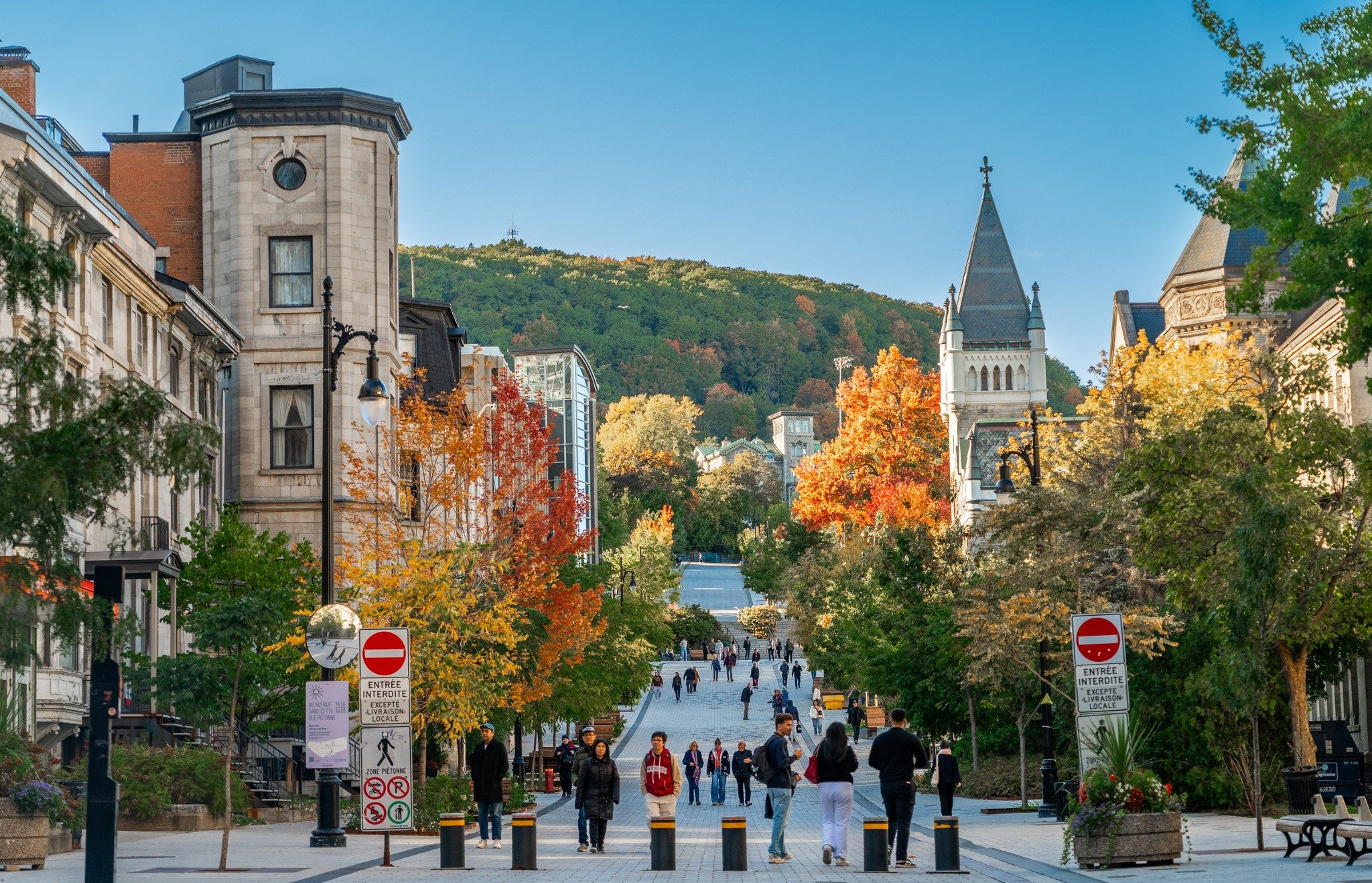
International student at a university in Canada
Add education field
According to information from Immigration, Refugees and Citizenship Canada (IRCC), from November 2024, international students in college programs or other university programs other than bachelor's, master's and doctoral degrees must graduate from majors with long-term labor shortages if they want to apply for a post-graduation work permit (PGWP). This list originally had 966 programs, but increased by nearly 40 in mid-December 2024, international media recently reported.
Specifically, ICEF Monitor said that the training programs recognized by IRCC fall into two new categories: early childhood education and development service workers. The list also adds a new field, education, in addition to the original fields of transportation; agriculture and agri-food; vocational training; health care; STEM (science, technology, engineering, mathematics), according to the Canadian government website.
According to IRCC, applicants who are studying at the undergraduate, master’s and doctoral levels can still apply for a PGWP as usual. Also related to the regulations for applying for a PGWP, IRCC now requires applicants to submit an additional English or French language certificate according to the Canadian Language Framework (CBL), at level 7 for university students and level 5 for college students. The results of the above tests must be less than 2 years old at the time of application.
Speaking to The PIE News , Larissa Bezo, President of the Canadian Bureau for International Education (CBIE), said the lack of childcare was a major omission from the original list, as this is a sector with a shortage of workers across the country. IRCC is also working with provinces to add other specific fields of study to the shortage list, Bezo added.
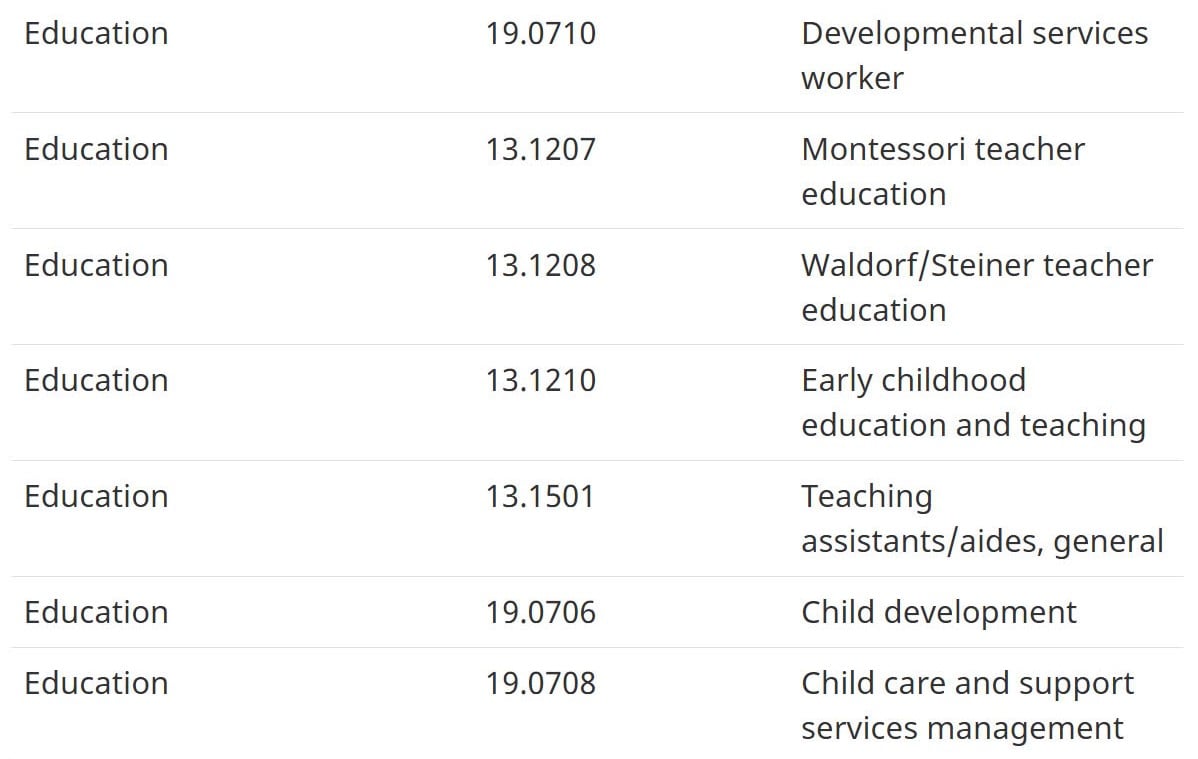
Several occupations with labor shortages have just been added to the list by the Canadian government.
Regulations for international students from 2025
From 2025, IRCC has decided to reduce the number of new study permits issued by 10% compared to 2024, only granting 437,000 to international students. The restriction applies to master's and doctoral degrees, instead of only bachelor's degrees as before, and this group is given priority for 12% of the quota. Also from this year, IRCC has stopped the Financial Proof-Free Study Program (SDS) for international students from Vietnam and 13 other countries.
Previously, IRCC also doubled the financial proof requirement for international students, to CAD 20,635 (equivalent to VND 363,000,000), in addition to tuition and travel expenses for the first year. IRCC also stipulates that applicants studying master's programs with a training duration of 16 months or more are eligible for their spouse to apply for a work permit, instead of just studying a master's degree as before. All will continue to apply in 2025.
Additionally, IRCC announced in November that it would increase the number of hours international students are allowed to work off-campus during the school year, up to 24 hours per week, up from 20. IRCC also said that international students who want to transfer schools while studying in Canada will now have to apply for a new study permit, instead of simply updating the relevant information on IRCC’s system.
According to a report from IRCC, Canada attracted more than 1 million international students to study in 2023. IRCC statistics also show that the total number of Vietnamese studying in Canada has been on a continuous downward trend, from 21,480 in 2019 to 16,140 in 2022. However, in 2023, Vietnamese students in Canada increased slightly, to 17,175 people and ranked 8th in terms of quantity.
Source: https://thanhnien.vn/canada-mo-rong-co-hoi-de-du-hoc-sinh-o-lai-lam-viec-185250111153728062.htm








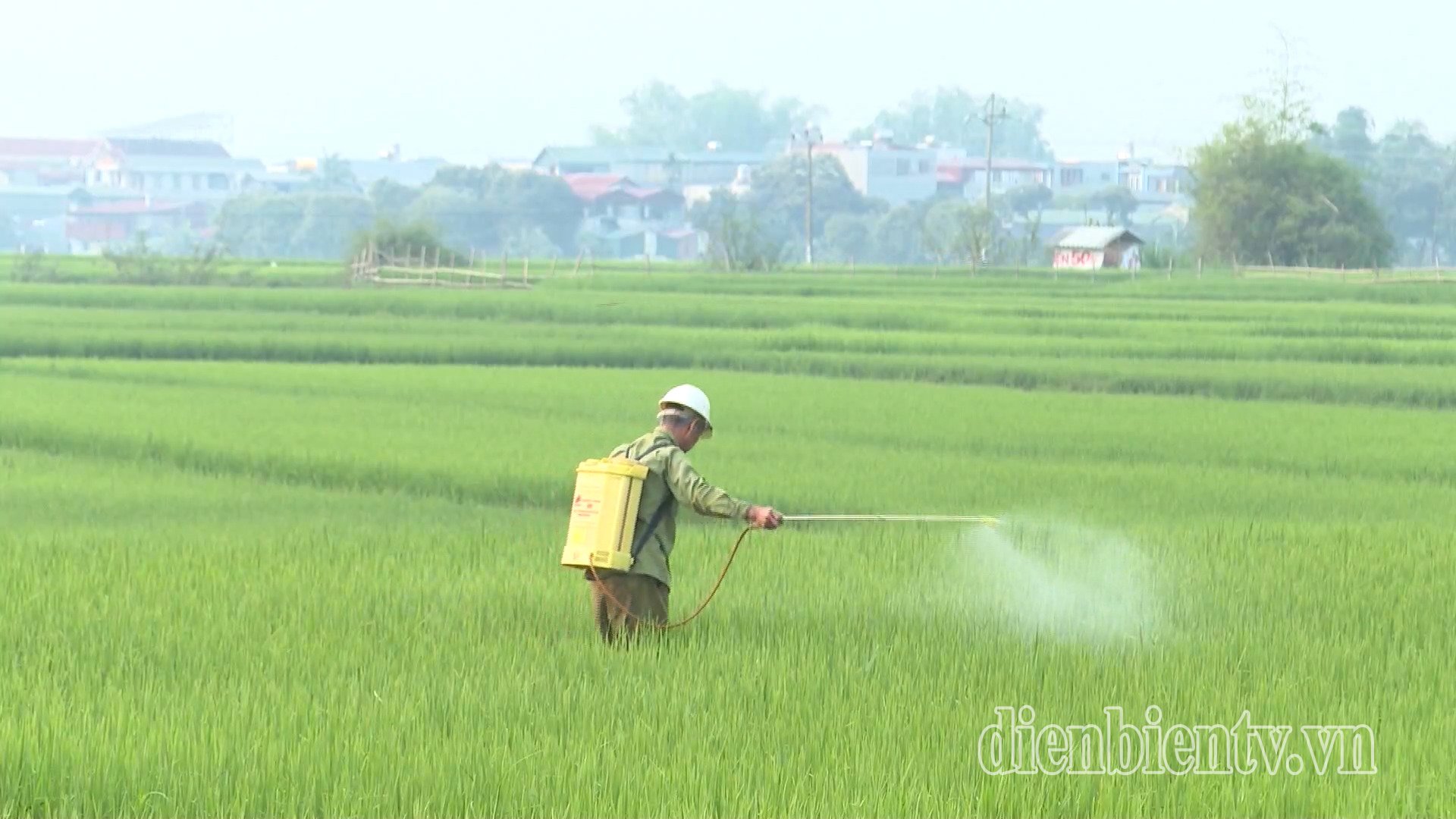

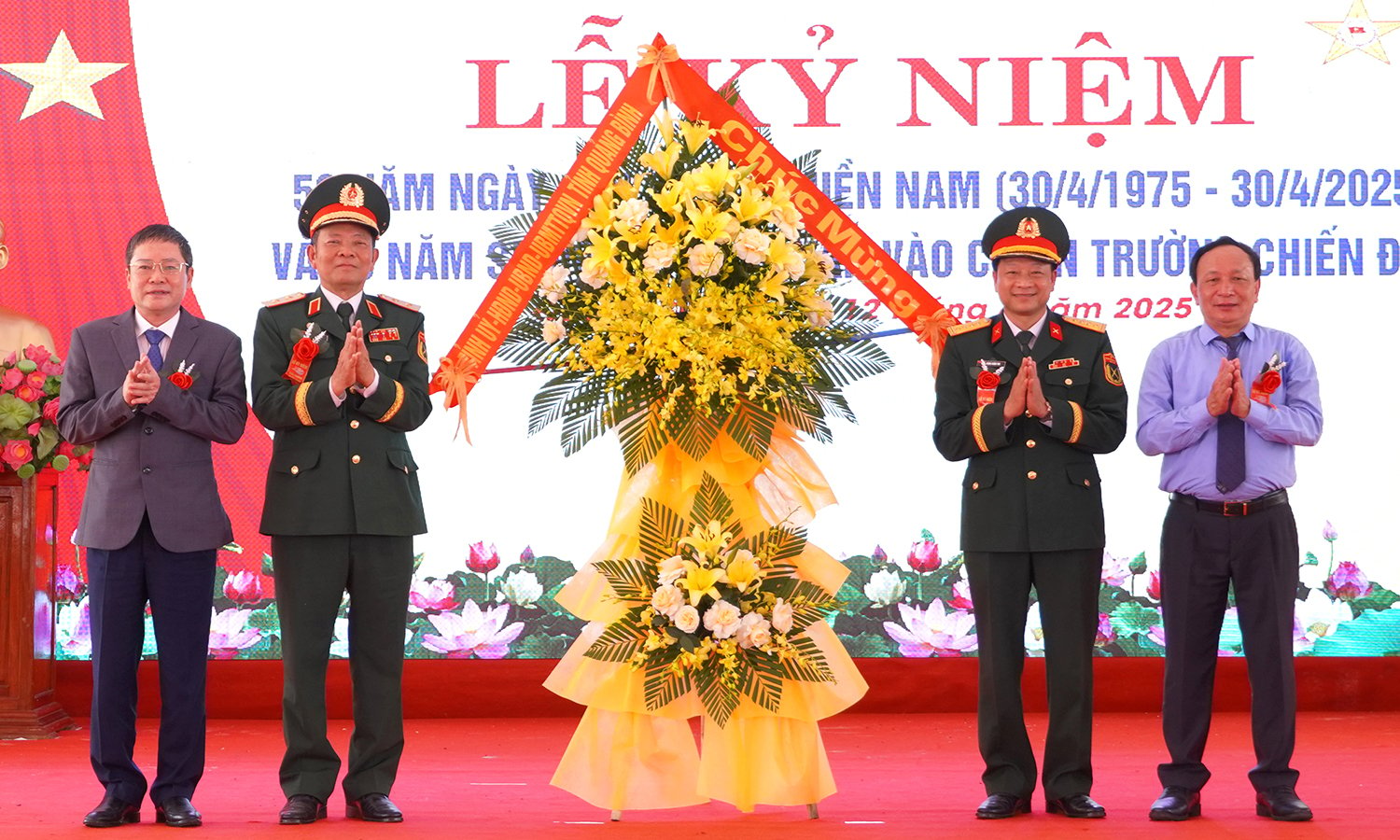
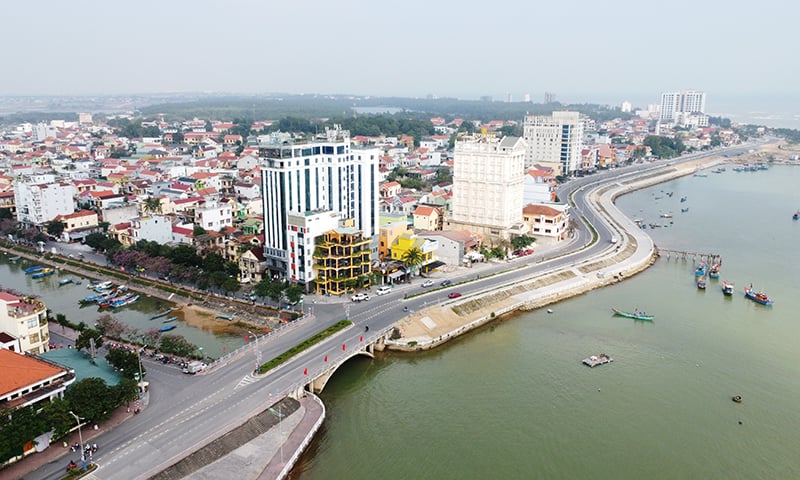

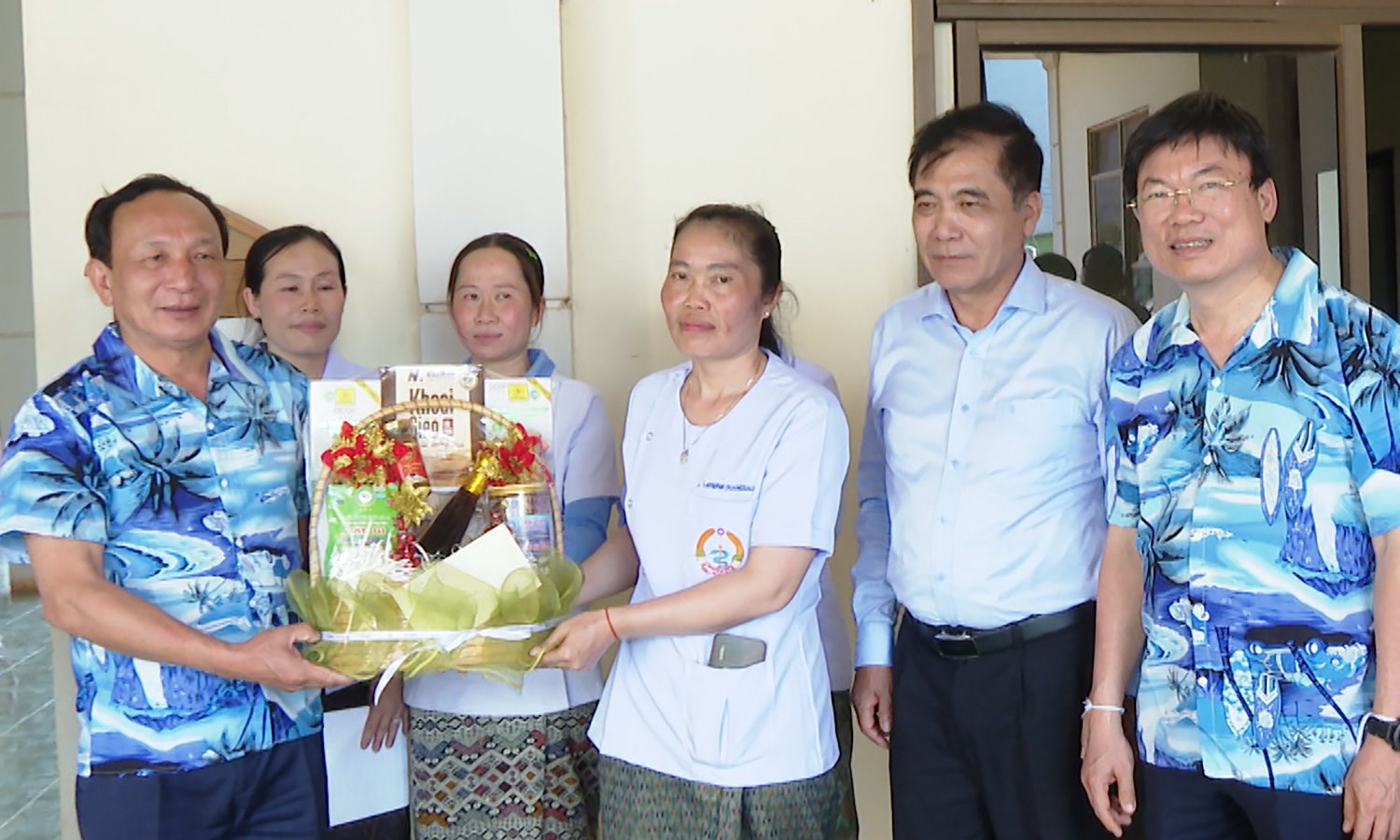
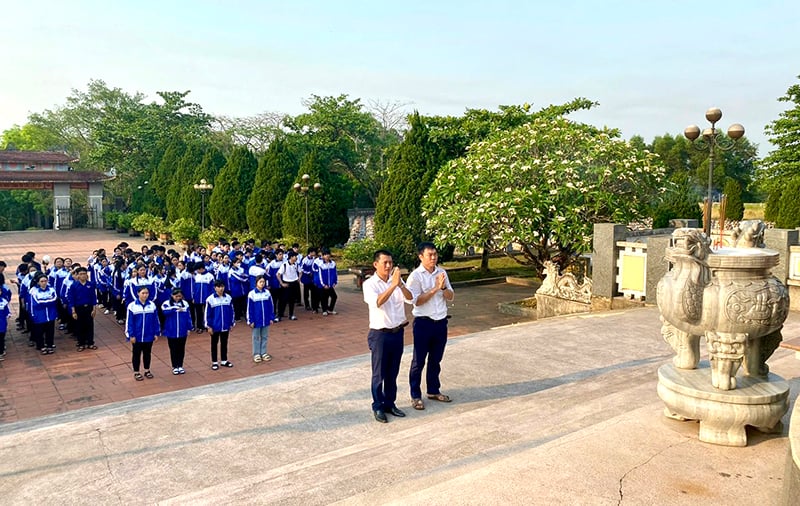



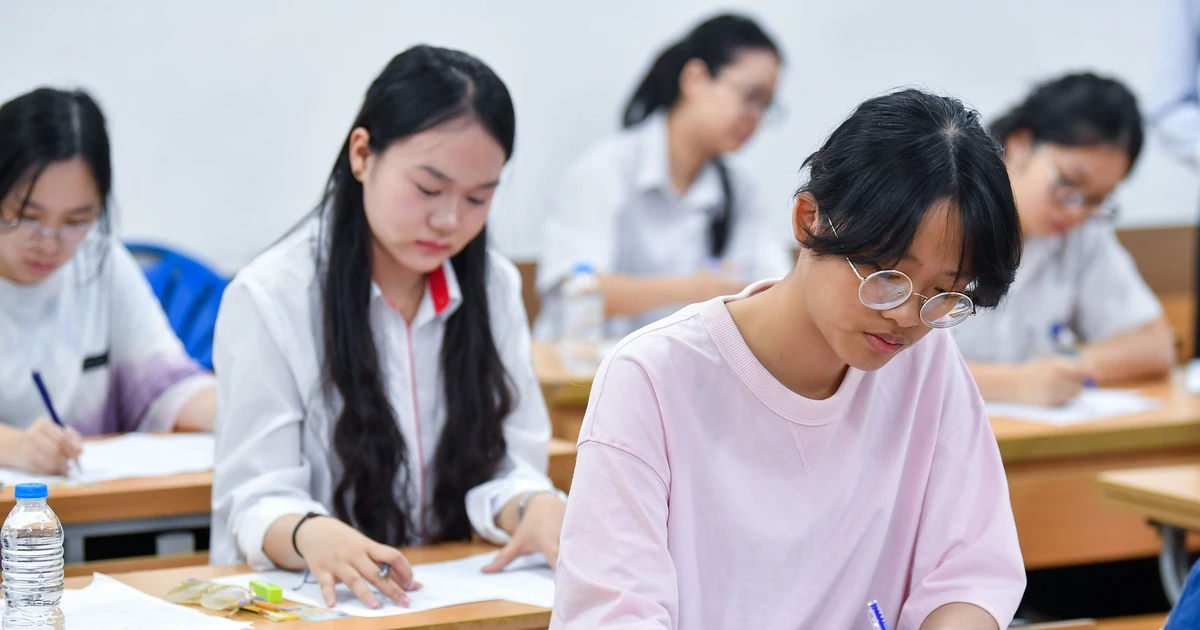
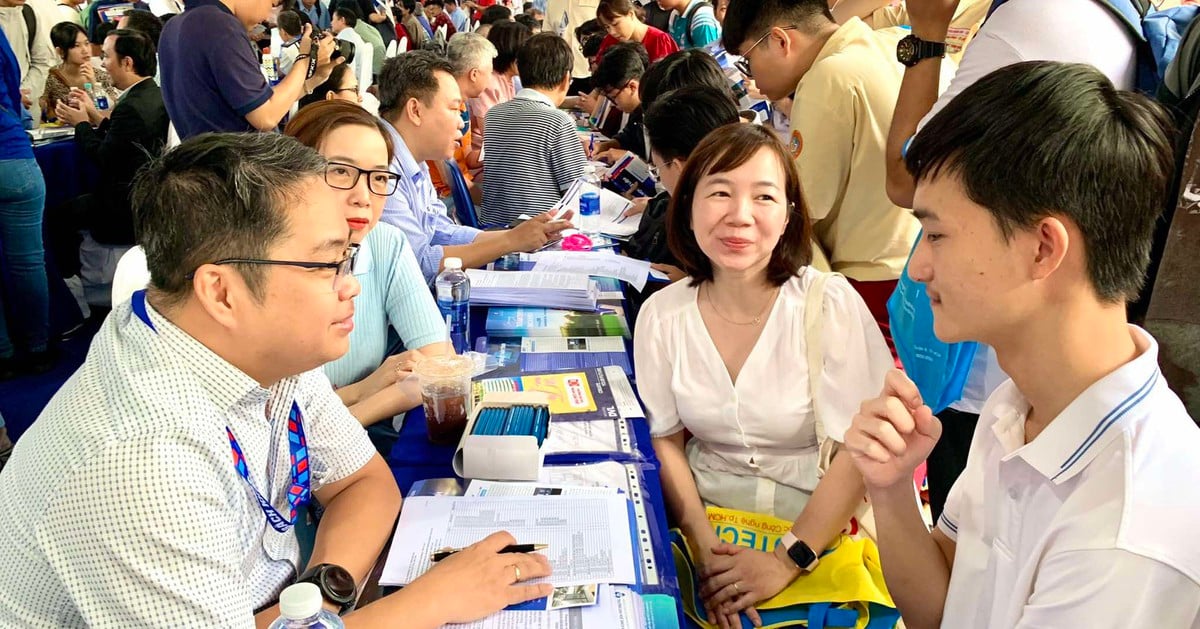

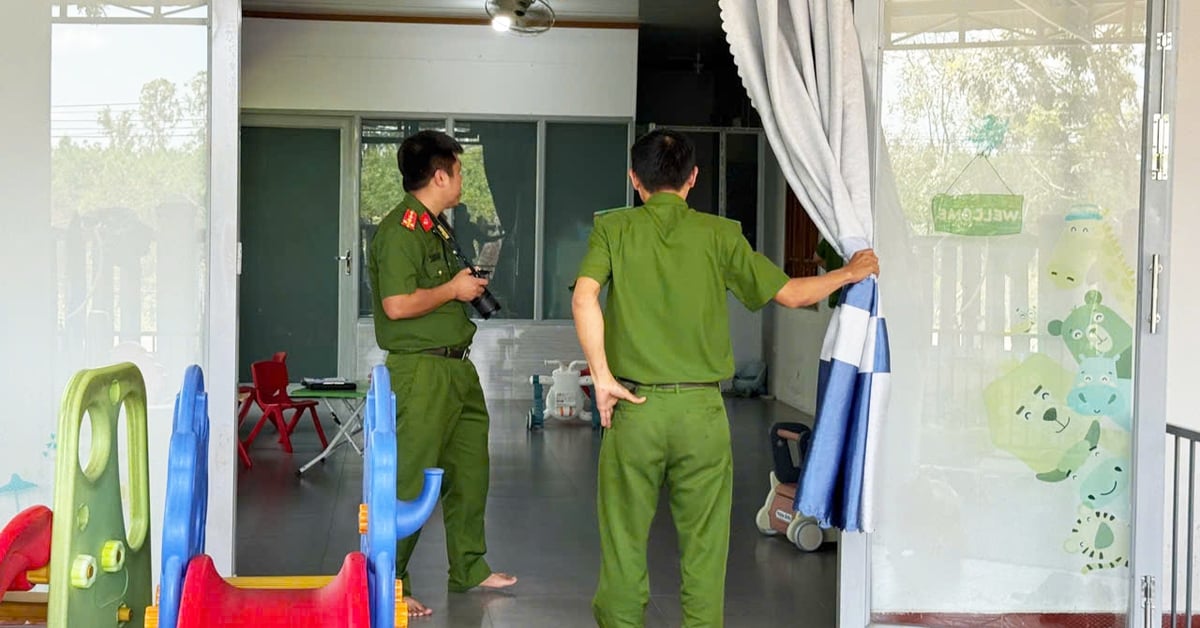





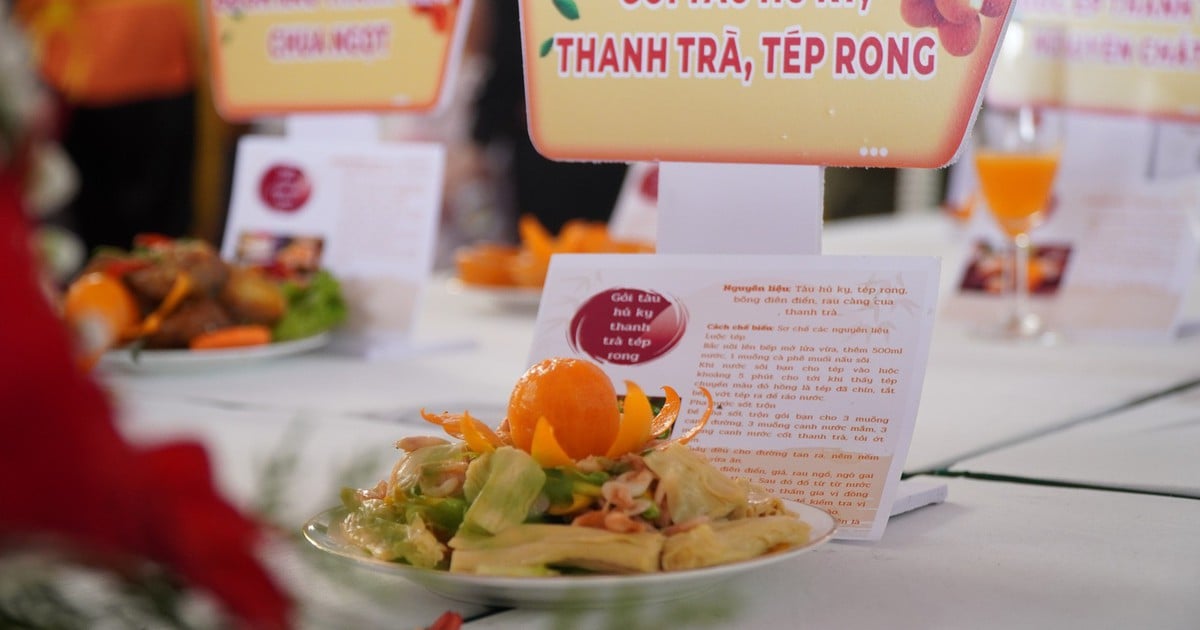




![[Photo] "Beauties" participate in the parade rehearsal at Bien Hoa airport](https://vstatic.vietnam.vn/vietnam/resource/IMAGE/2025/4/11/155502af3384431e918de0e2e585d13a)





























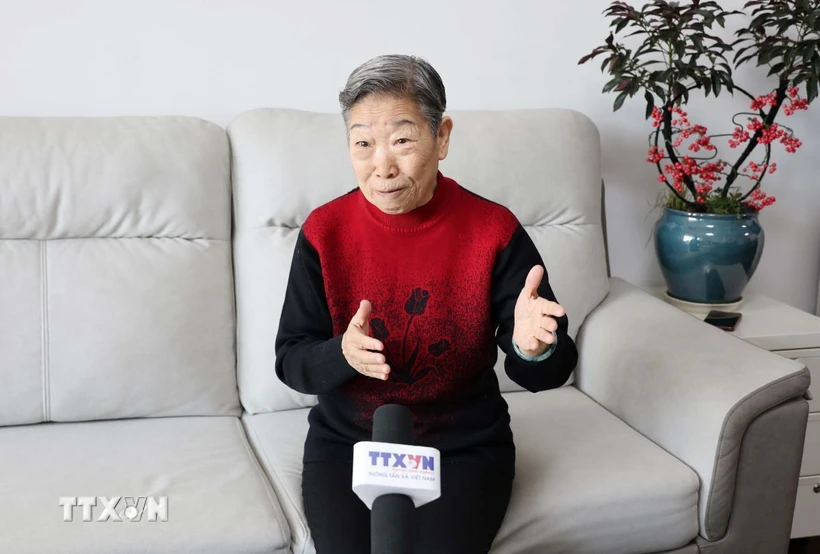











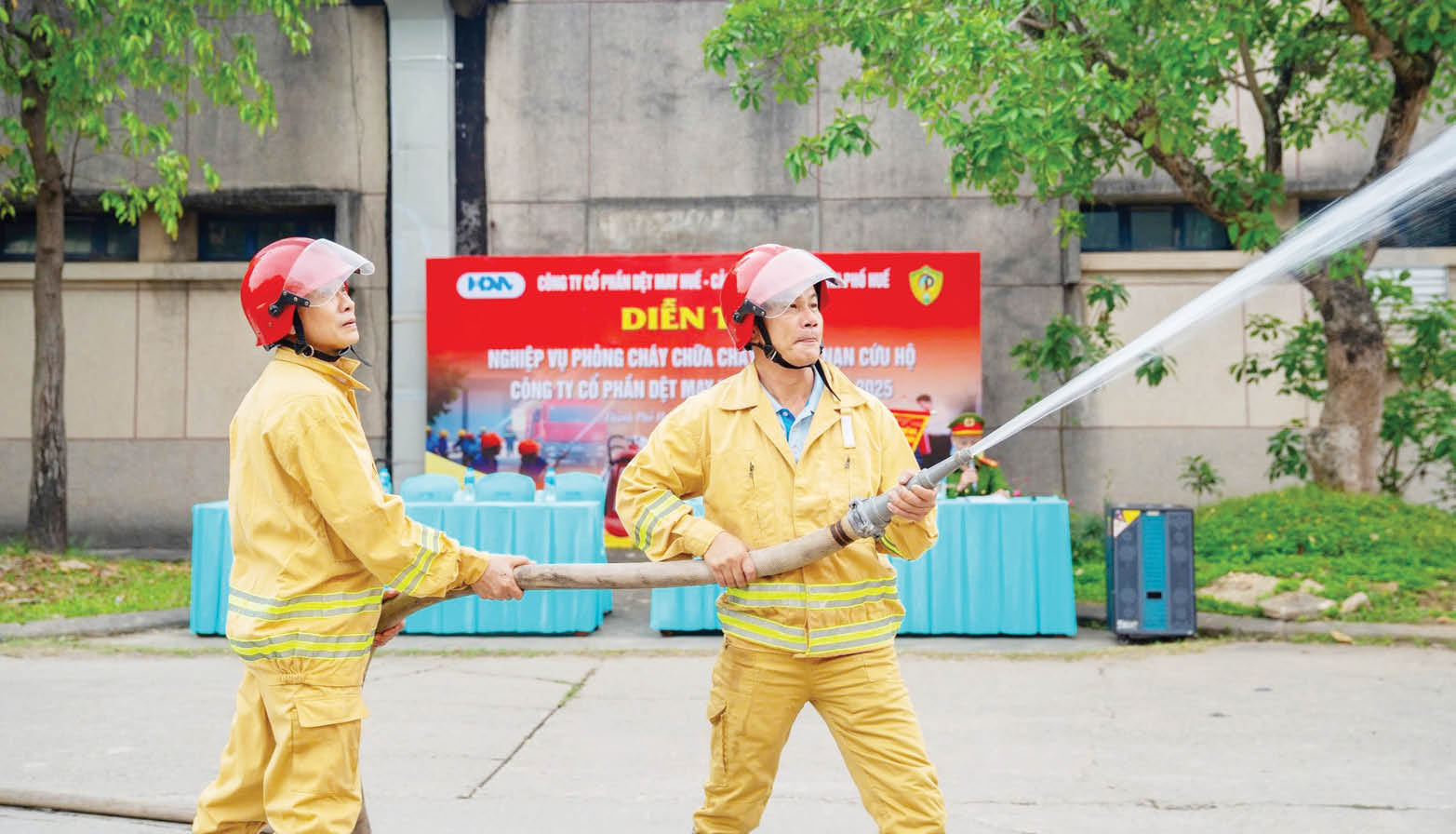

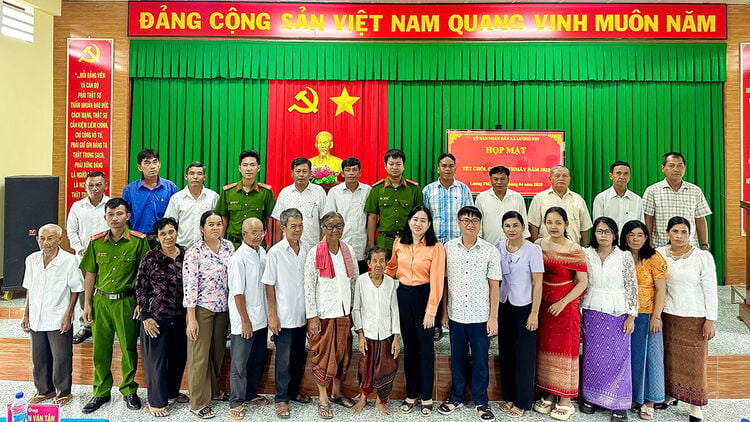

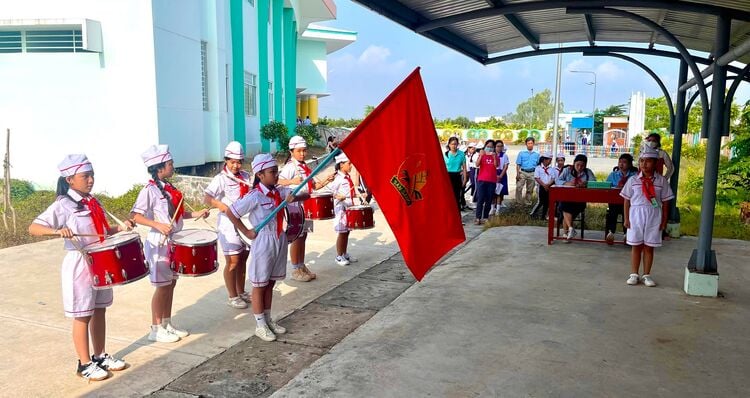
















Comment (0)